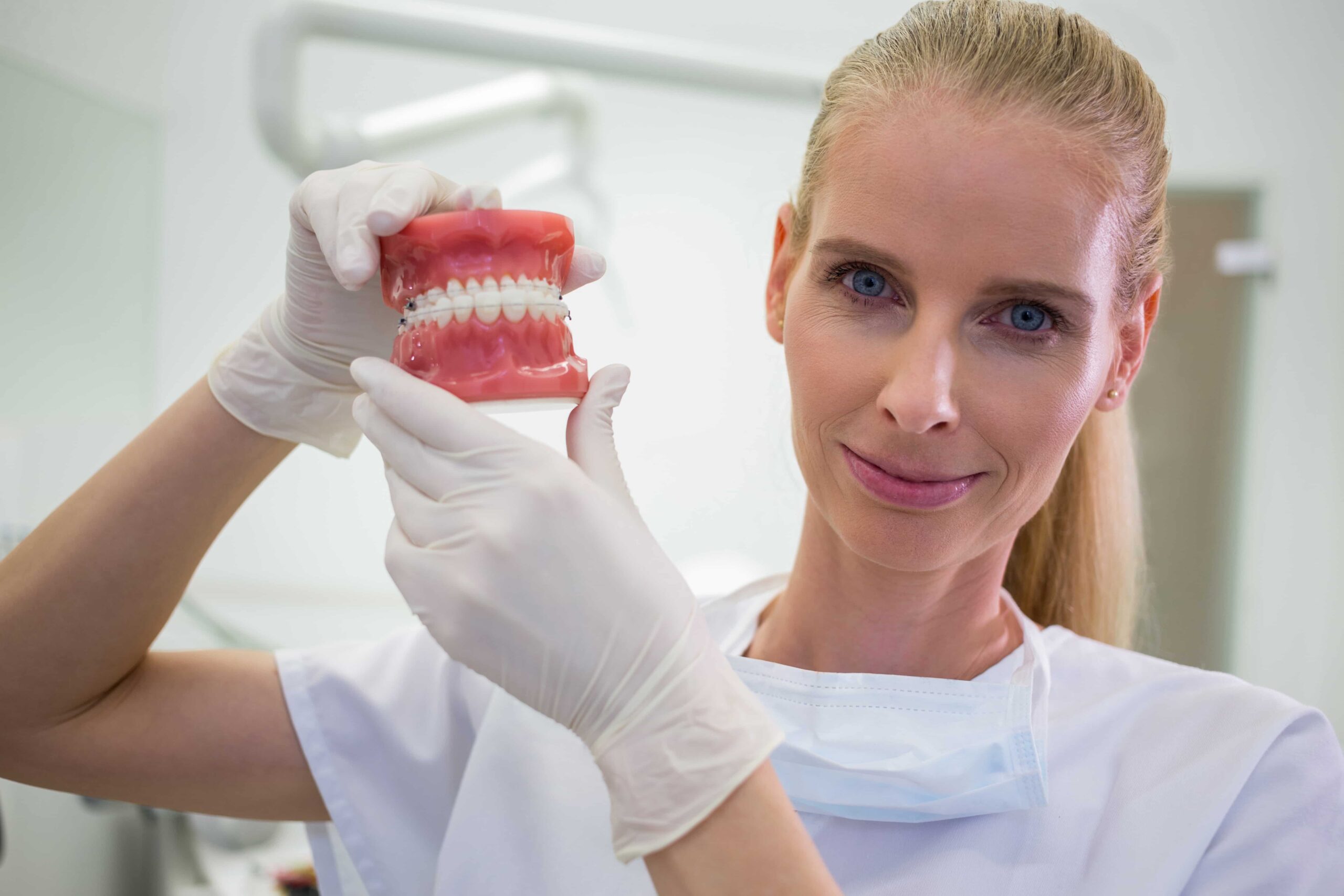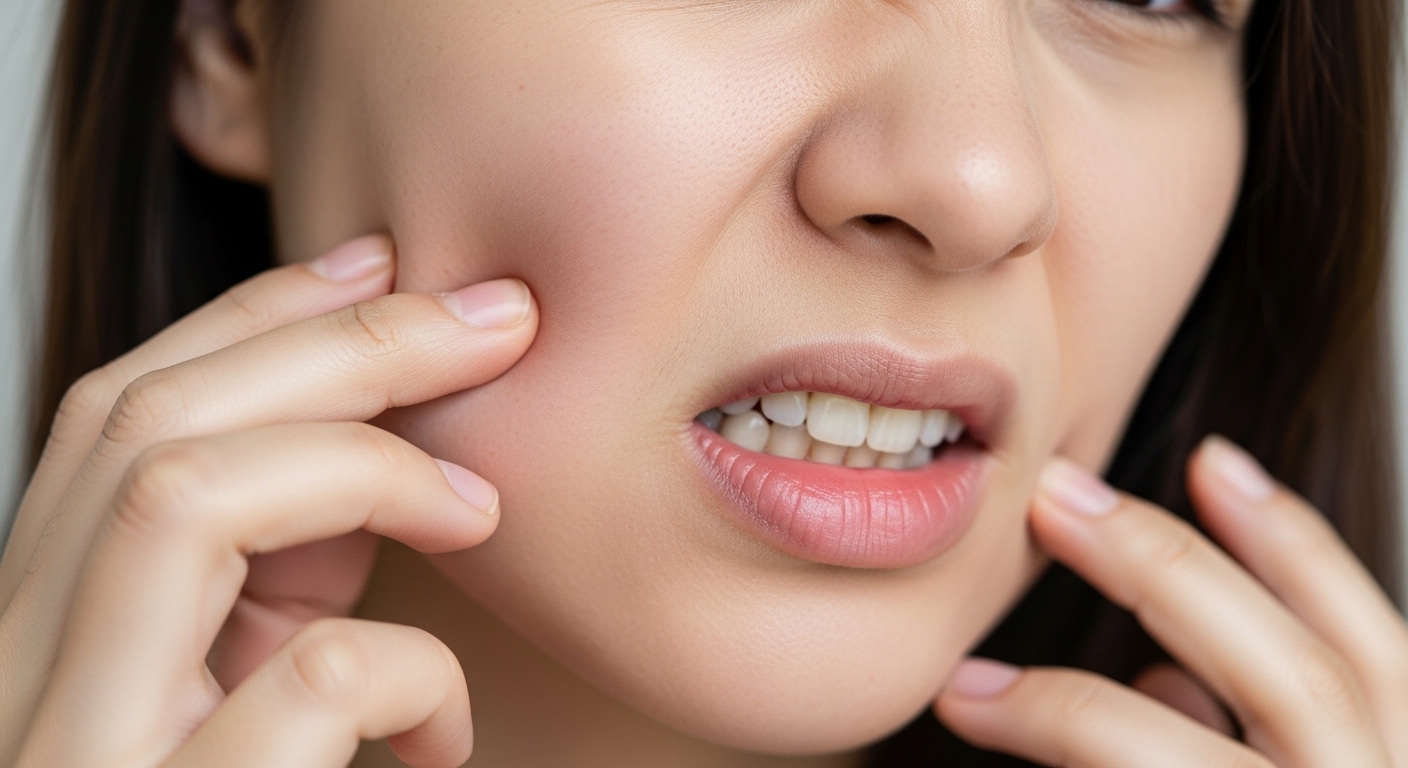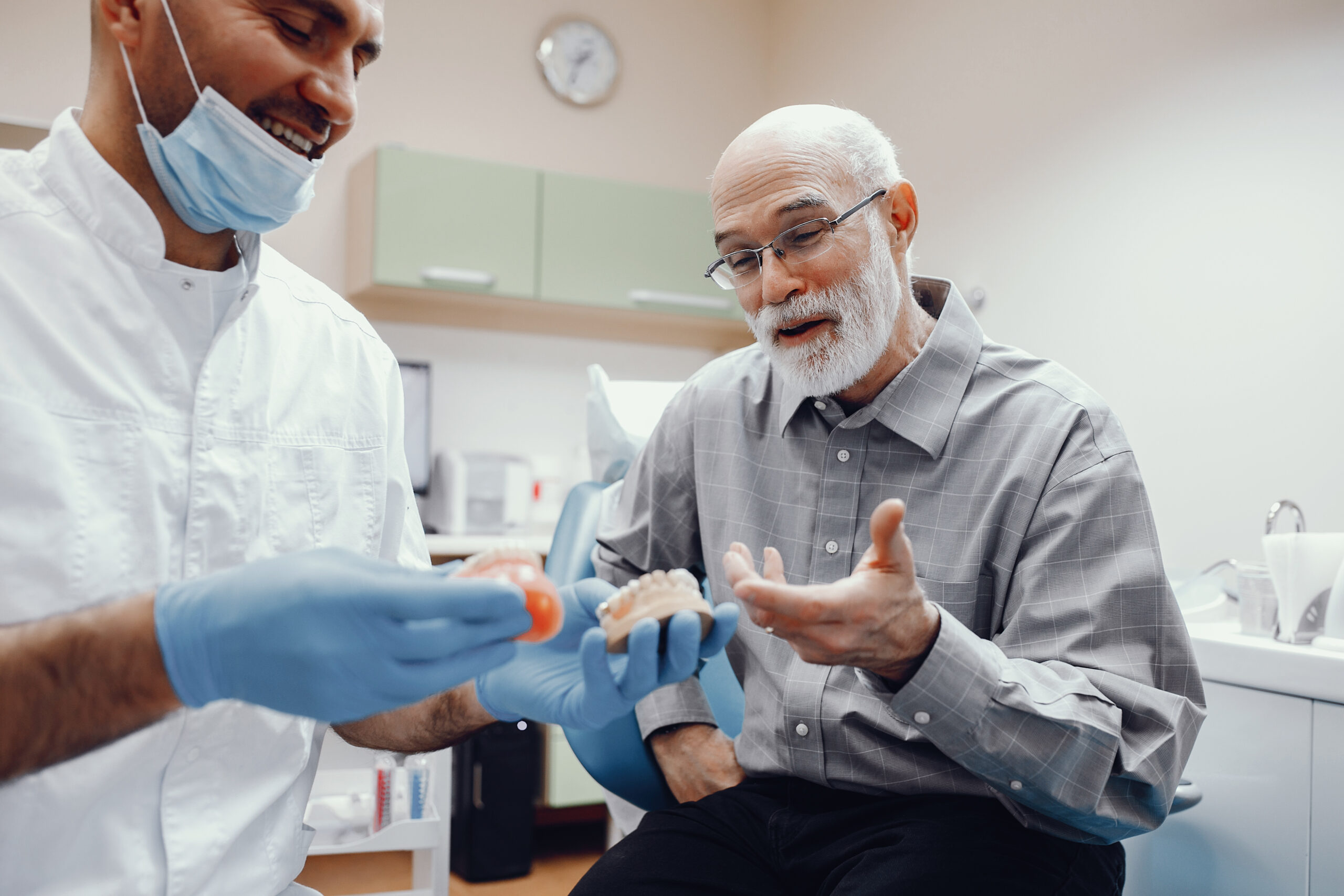If you’re wondering how long do dentures last, the average answer is 5 to 10 years depending on the material, daily wear, and how well they are cared for. While dentures are made to restore your smile and chewing function, they are not designed to last forever. Over time, changes in your mouth, natural wear of the denture base and teeth, and general use mean that dentures eventually need adjustment, relining, or replacement.
This blog explains the typical denture lifespan, the signs you may need new dentures, and the best ways to extend their life. By the end, you’ll understand what to expect, when to seek professional advice, and how good denture care can save you discomfort and cost in the long run.
How Long Do Dentures Usually Last?
Most dentures last 5 to 10 years, though this range depends on:- Material type – Acrylic dentures typically last around 5–7 years, while flexible or implant-supported options may last longer.
- Daily wear and tear – Frequent chewing of hard foods or teeth grinding can shorten lifespan.
- Oral changes – Your gums and jawbone naturally shrink over time, causing dentures to loosen even if they are still intact.
- Care routine – Regular cleaning and correct storage can help maintain function and comfort.
What Affects the Lifespan of Dentures?
1. Material Quality
- Acrylic resin: Most common in Australia, affordable but prone to wear.
- Flexible dentures: Lightweight, more comfortable but less durable over many years.
- Implant-supported dentures: Tend to last longer, though the implant component itself may require monitoring.
2. Oral Anatomy Changes
Your mouth is always changing. Jawbone resorption and gum tissue shrinkage can cause dentures to loosen, even if the denture is still structurally sound.3. Eating and Lifestyle Habits
- Chewing sticky or hard foods can wear down denture teeth faster.
- Smoking and heavy coffee or tea drinking may cause discolouration and odour.
- Teeth grinding (bruxism) places stress on dentures, shortening their life.
4. Cleaning and Maintenance
Using proper denture cleaning methods prevents plaque buildup, odour, and cracking. Harsh chemicals or abrasive toothpaste can damage dentures prematurely.Signs You Need to Replace Your Dentures
Recognising the warning signs helps avoid discomfort, infections, or jaw issues.Common Signs Include:
- Looseness or poor fit – slipping when talking or eating.
- Sore spots and irritation – rubbing against gums or causing ulcers.
- Difficulty chewing – food not breaking down properly.
- Speech changes – slurred words or clicking noises.
- Cracks, chips, or wear – visible damage to the denture.
- Persistent odour or staining – hard to clean even with good care.
- Facial changes – sunken cheeks or a collapsed bite indicating bone loss.
How Often Should Dentures Be Replaced?
While most dentures last up to a decade, dentists recommend a review every 12 months. This ensures:- Small adjustments can be made before problems worsen.
- Relining or rebasing may extend life for a few years.
- Oral cancer screenings and gum health checks are carried out.
General Replacement Timeline
- Acrylic full/partial dentures: Every 5–7 years
- Flexible dentures: Every 5–8 years
- Implant-supported dentures: 8–10 years (implants may last decades with care)
How to Extend the Life of Your Dentures
With proper care, dentures can remain comfortable and effective for many years.Daily Habits to Protect Dentures
- Remove and rinse after meals to prevent food particles sticking.
- Brush gently with a denture brush and mild soap (avoid toothpaste which is too abrasive).
- Soak overnight in water or a denture solution to keep them moist.
- Avoid hot water which can warp acrylic dentures.
Professional Care
- Schedule yearly dental visits for adjustments.
- Ask your dentist about relining to improve fit if dentures loosen.
- Repair chips and cracks promptly rather than delaying.
Lifestyle Tips
- Limit hard, sticky, or chewy foods.
- Stop smoking to prevent staining and gum damage.
- Stay hydrated to reduce dry mouth, which increases denture wear.
Quick Answers
Q: How long do dentures last on average? A: Typically 5–10 years, depending on material and care. Q: What is the most common sign dentures need replacing? A: Looseness and sore spots are the first indicators. Q: Can I extend the life of dentures? A: Yes, with proper cleaning, storage, and yearly dental check-ups. Q: Do implant-supported dentures last longer? A: Yes, they usually last longer than acrylic dentures, though they still need maintenance. Q: Should I replace dentures if they still fit but look worn? A: Yes, worn-down teeth affect chewing and appearance, even if fit feels fine.Denture Care in Australia
In Australia, denture maintenance and replacement costs vary depending on material and whether you hold private health insurance.- Standard acrylic dentures: $1,200–$2,500
- Flexible dentures: $1,500–$3,000
- Implant-supported dentures: $10,000+
FAQs About Denture Lifespan
- How do I know if my dentures are too old? If they are loose, cracked, stained, or causing mouth irritation, they may be too old and need replacing.
- Can old dentures cause health problems? Yes. Ill-fitting dentures can cause mouth sores, infections, difficulty chewing, and even affect your digestion.
- Is it normal for dentures to become loose over time? Yes. Jawbone and gum changes naturally make dentures looser, which is why relines or replacements are needed.
- Can I repair dentures at home? No. DIY repairs may damage them further or affect your bite. Always see a dentist for professional repair.
- How do I make my dentures last longer? Clean daily with gentle products, avoid harsh chemicals, store them correctly, and visit your dentist yearly.



